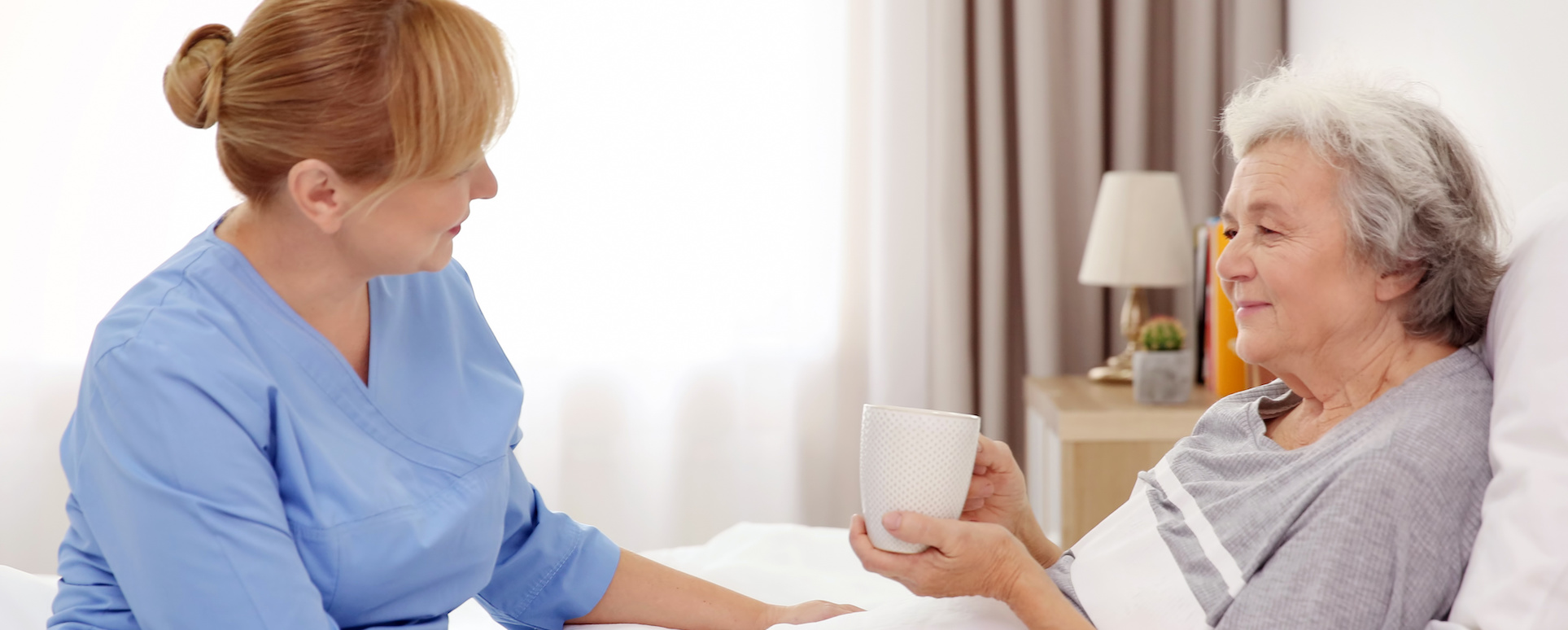Consider yourself fortunate if you have never had to read THE email or text from CVS or any other community-based testing site that you have COVID. After the reality sinks in, there are a few really important things you can do so that you can be prepared:
- Medical history (things that can put you at higher risk)
- Living/working space (who around you may have been exposed)
- Current symptoms (so you can monitor them and seek emergent care if needed.)
If you are feeling short or breath, have chest pain, or difficulty breathing, you need to get to an emergency room as soon as possible.
After consideration of the above, you will need to take some action. First and foremost, you will want to follow current recommendations from the CDC. This includes wearing a mask, staying away from others, and washing your hands.
But being alone does not mean you need to go through this alone. In fact, you shouldn’t. You may need the support of your friends and family, and if you are older or have other health conditions, you will need the support and guidance from your medical team. Here are just a few recommendations about where to start, and what actions you can take to stay as healthy as possible.
Arrange A Visit With Your Primary Care Team ASAP
Your Primary Care Provider needs to know you have tested positive. You will more than likely meet with your provider via a telehealth appointment. Providers are working to prevent COVID from spreading by using telehealth when possible. Your primary care team has access to your most recent medical history and are best prepared to help walk you through the next steps. If you haven’t seen one in a while- it’s okay. Set up an appointment with an online healthcare provider like FastMed or Teladoc.
Alert Any Specialists Who Follow Your Care
If you receive care from a specialist, it’s equally important to keep them in the loop. They may have additional ideas and recommendations for you to follow.
Retrace Your Time Window
If you are over 65 or have certain high risk conditions, you may be eligible for a monoclonal antibody infusion. This treatment is extremely time sensitive, so time is of the essence. These antibodies act to block the virus from attaching and entering the cells. When the virus cannot enter the cell, it cannot continue to grow in the body. This minimizes the number of virus’ in the body which decreases your chances of being hospitalized. Your primary care doctor will refer you to the nearest Emergency Room to get the infusion if they think your a candidate.
Invest in a Few Key Items
There are two key items to purchase. The first is a pulse oximeter which measures how much oxygen is in your body, and the second is an incentive spirometer. You need to keep track of any changes in your oxygenation status and share it with your healthcare team. Normal oxygenation is 90 to 100. Many people with COVID are walking around with low oxygen levels and do not even know it.
The incentive spirometer exercises the lungs. It allows you to expand your lungs, bring in more oxygen, and may help you cough up any mucous that gathering in your lungs. The Cleveland Clinic has a great video and directions to help you use the spirometer. Best practice in the hospital is to use it 10 times per hour while you are awake. I always tell my patients to use it while watching commercials on television.
Both of these items can be bought on Amazon. If you notice changes- alert your medical providers.
Prepare and Organize Your Current Medications
Having a current record of what you take is very important. Now is a good time to understand what you take and why. Your healthcare team may have you start taking extra vitamins and additional medications, so you will need to be prepared and organized . Common supplements that are recommended for COVID-19 include: vitamin D, Vitamin C, Zinc, and Quercetin. Quercetin sounds pretty unassuming, but it helps the Zinc and other vitamins to be more effective.
As more things are added, it can get complicated. You may also want to cluster the times that you take medications and supplements. Clustering medications will make it easier for you take everything the way it is prescribed.
Focus On You!
- Put nutrient dense foods in your body.
- Get some sunlight for natural vitamin D.
- Keep yourself hydrated.
- Let your body rest in between activity.
We recommend to “let food be the medicine”. This is the time to avoid highly processed foods and sugars. Stick to healing foods that decrease inflammation and are high in essential vitamins and minerals. Also, since hydration is critical, keep drinking your water and tea. You may not have an appetite, and eating may not be pleasurable if you have any loss of taste or smell. Smaller, more frequent meals can help with this. Pick food that will heal your body.
Stay Connected
Connection is so important!
- Stay connected to your faith, and your faith community. The power of prayer is irreplaceable.
- You can reach out to nurses who can make housecalls and check in on you.
- If you have long-lasting symptoms, also stay connected with the long-haulers. There are groups on Facebook for people experiencing side effects for months after initial diagnosis. These groups can be valuable resources if you are living with long-term effects.
If you or someone you know tests positive for COVID, please empower yourself with science-based sources of information. Being prepared is key to your recovery. Your health is important, and you deserve the very best recovery possible.
Please consult with your medical team for personalized medical advice.

